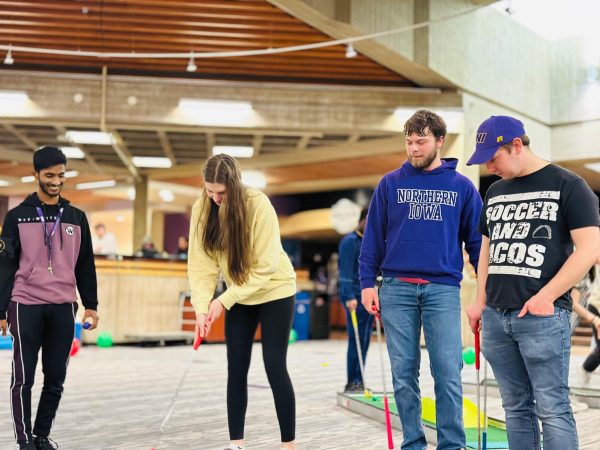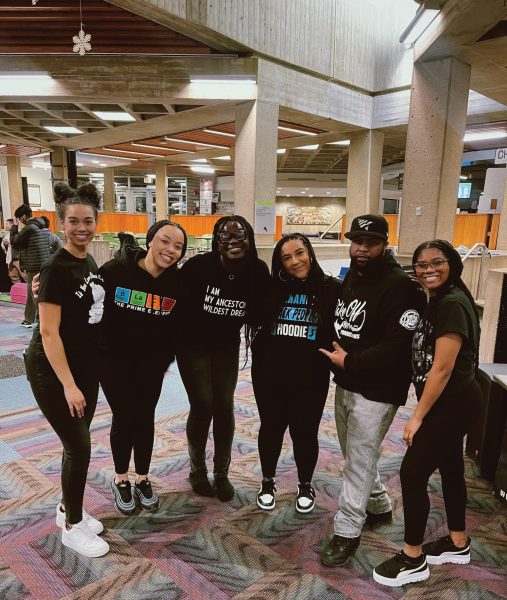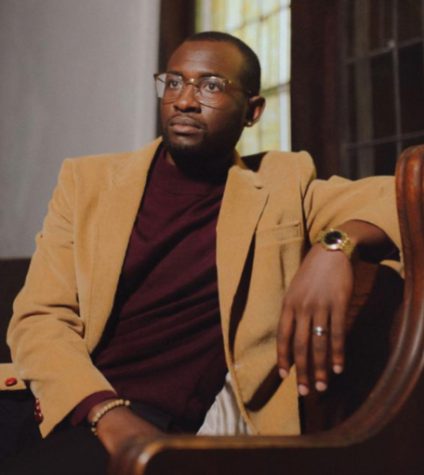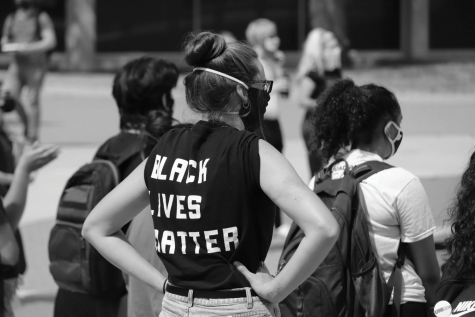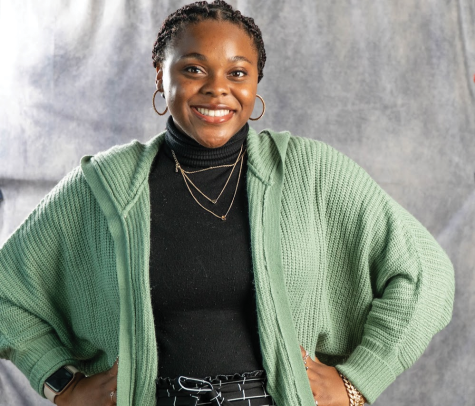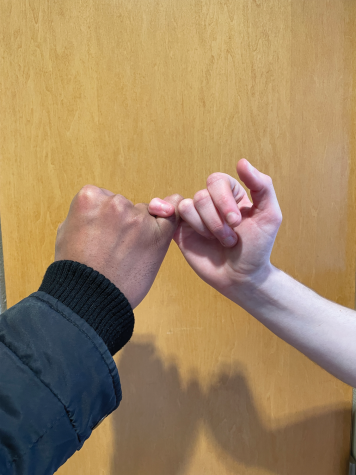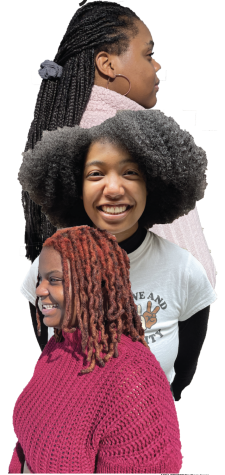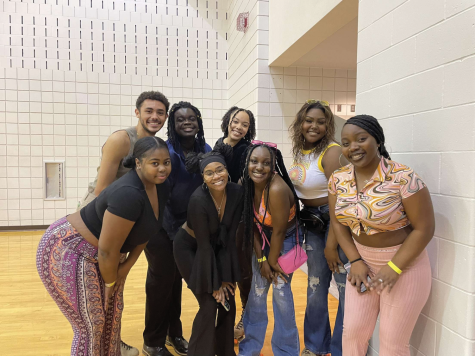Cultural competency should be required
Cultural competency training can bring more awareness of serious issues happening to historically marginalized communities
Mar 10, 2022
As our world today gets more and more diverse, there is a major need for more culturally specific programs. According to the Iowa Attorney General’s reports, in the state of Iowa, we have eight culturally specific programs. Although the US Census Bureau reports that white people make up about 90.02% of Iowa’s population, there is still a growing number of minority groups that are not effectively being helped by mainstream organizations across Iowa. Many mainstream organizations make promises to serve communities of color, but many are not held accountable for not keeping these promises.
Eight programs are not enough for the growing minority groups in Iowa. Many culturally specific organizations have developed due to the failure of various mainstream organizations to properly serve communities of color. The National Center for Cultural Competence created the Guide to Planning and Implementing Cultural Competence: Organizational Self-Assessment. where they discuss that culturally specific programs work to value diversity, address the issues that emerge when different cultures interact, acquire cultural knowledge and adapt to the cultures of multiple individuals and the communities they serve.
Culturally specific programs are designed to meet the needs of multiple minority communities that are underheard and underserved. There is a need for these programs because many minority groups have grown up or are growing up with clear understandings and experiences of injustice inequality and discrimination that results in feelings of mistrust in the systems that were supposed to be created to protect them. Culturally specific services uplift the voices and experiences of those who because of oppression have been unheard for far too long.
In the United States, there are many factors that act as barriers for minority groups wanting to disclose abuse and access services. Some of these include heavy loyalty to culture, race, ethnicity, lack of trust for the criminal justice systems, law enforcement and social services. Some others are lack of service providers that share common experiences and look like them, shortage of culturally competent services, mistrust based on racism and classism, fears of their experiences reflecting stereotypes, legal status in the United States and so much more.
Research has shown that people of color benefit better from culturally specific staff and services that are caring and sensitive, especially regarding racial and cultural differences. In a study developed by Tameka Gillum on improving services to African American survivors of Intimate Partner Violence, she found that overall, women described their experiences with mainstream services as problematic. She also found that these women reported having more positive experiences with culturally specific services that were provided.
There are two key focuses that these programs must pay close attention to. These are the way these direct services are being provided and the different development training that is being offered to staff that are providing services. These programs must be culturally-focused and it is critical that values, behaviors, expectations, norms and worldview of the cultural community is present at every level of the service delivery. Programs and services can be more effective when they
Are culturally specific, especially in the language of the target community
Collaborate and incorporate the community in the planning and implementation of services
Put a strong focus on the personal resources of participants and their specific needs
Recognize the various social and cultural factors that can influence behaviors
Provide specific support to change norms
Aim to provide skill-building opportunities for staff and the community and
Utilize different pathways to connect and empower the community
Amani Community Services
Culturally specific domestic violence and sexual assault agency for African Americans in Iowa. They began with three African American women who saw a major need for culturally specific services in the Cedar Valley area. After opening in Waterloo, they began creating offices to serve clients across the state. Offices are located in Waterloo, Cedar Rapids, Davenport, Des Moines, and Dubuque. They offer personal, legal, housing advocacy, individual and group counseling, prevention services, children and teen programming and information and referrals. All services are free and confidential.
LUNA – Latinas Unidas Por un Nuevo Amanecer
Culturally specific domestic violence and sexual assault services. Established in 1999 by a group of survivors who noticed the lack of services and resources available to the Latinx community in Iowa. They provide services to help survivors build a future free of violence.
Monsoon: Asian & Pacific Islanders in Solidarity
This program was established in 2003. It was developed by their Executive Director Mira Yusef when she discovered that many mainstream organizations and programs were not adequately equipped to respond to the cultural needs of the Asian and Pacific Islander community. They offer direct services, community outreach, community education, violence prevention and technical assistance.
R.I.S.E Meskwaki Victim Services
This culturally specific program provides comprehensive advocacy services for native women, children, and their families who are survivors of domestic violence or sexual assault.
Thrive Together
Culturally specific domestic violence and sexual assault services for deaf and hard of hearing communities. They were established in 1999 and offer support, information, and peer counseling services.
Above are some great examples that Iowa does have of culturally specific programs that are making a difference in their communities. Although Iowa has a good amount of programs that are culturally specific and work to integrate ethnic cultures into their activities, language and materials there is still a need for more programming. These programs are able to develop safe spaces that engage the communities they serve in purposeful ways by not only acknowledging, but incorporating culturally specific attitudes, values, beliefs, family relationships and more.








